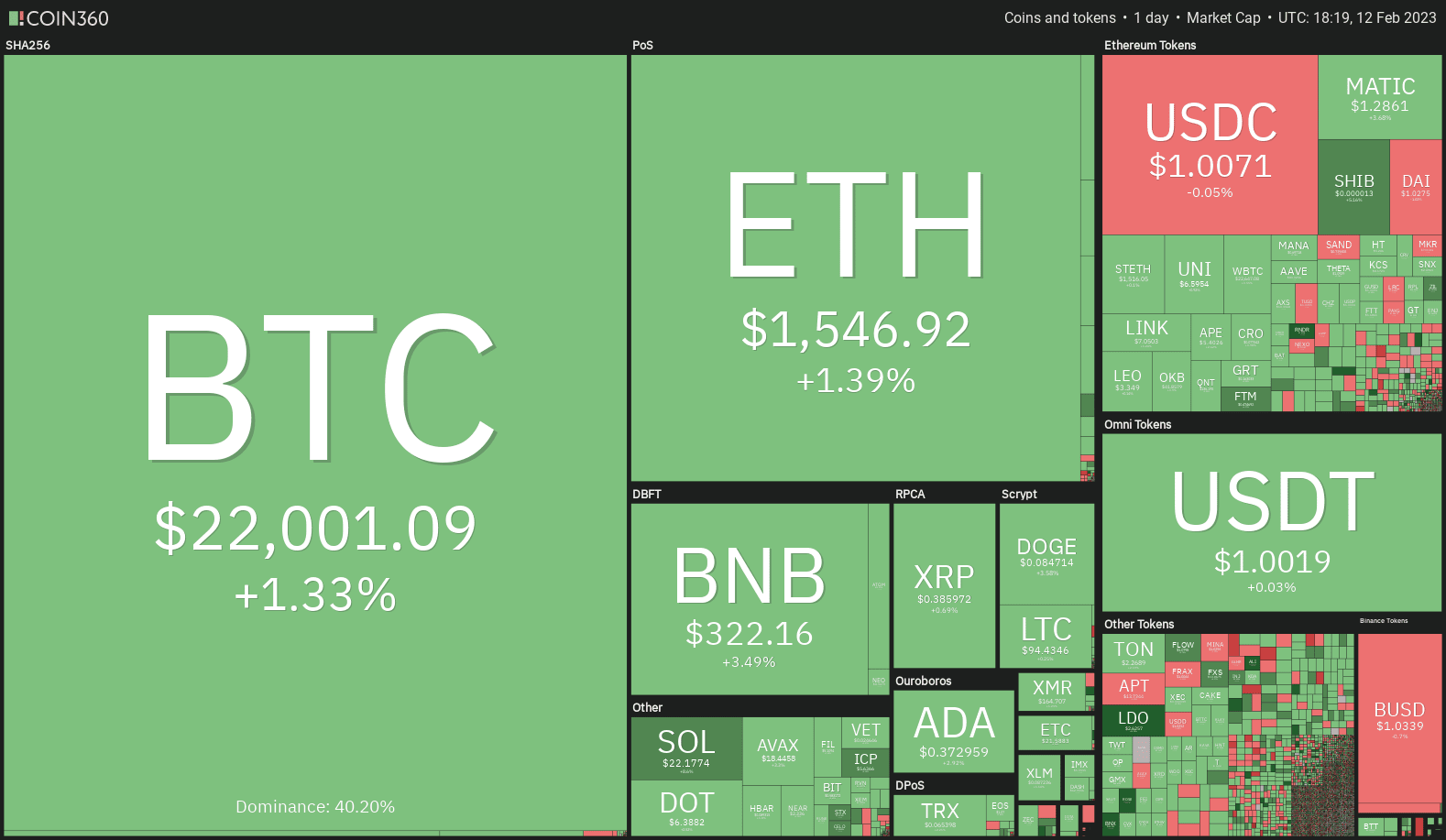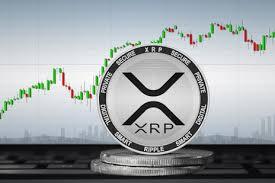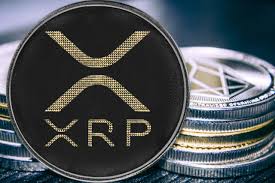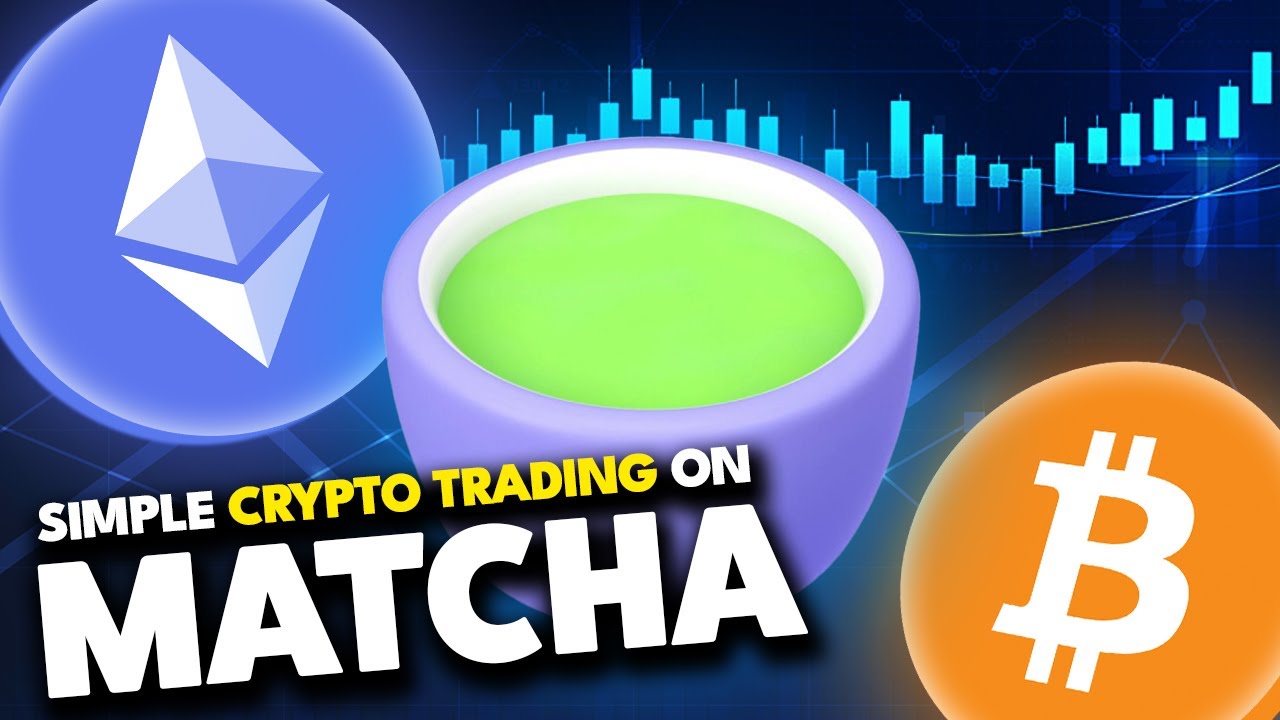Bitcoin Still Beating US Dollar Versus ?Eggflation? ? Fed Data
Bitcoin (BTC) Still Beating inflation better than the US dollar, the Federal Reserve says ??unintentionally.

Bitcoin (BTC) is beating inflation better than the US dollar, the Federal Reserve says ? unintentionally. In a blog post first released in June 2022 and since updated, the St. Louis Fed compares buying eggs with BTC compared to dollars ? still with surprising results.
The post's anonymous author measured the price of a dozen eggs in BTC and US dollars since January 2021. The results show that, while the price of eggs has increased in both currencies, the number of satoshis required to purchase a dozen eggs has decreased more than the equivalent USD.
As of August 2023, the latest month for which Fed data is available, BTC holders require 70% fewer sats to purchase a dozen eggs than they did in December 2022, when the price of eggs peaked in both currencies. In contrast, USD holders require 58% less USD to purchase a dozen eggs.
Compared with the start of 2021, the cost of eggs is higher for both currencies ? 39% versus 73% for USD and BTC, respectively. However, the arbitrary timeframe comparison remains less than helpful.
What is eggflation?
Eggflation is a term used to describe the rising price of eggs. It is a play on the word "inflation," which is the general increase in prices and the decrease in the purchasing power of money.
Egg prices have been rising in recent months, due to a number of factors, including the war in Ukraine, avian influenza, and rising costs of production.
Why is Bitcoin beating the US dollar against eggflation?
There are a few reasons why Bitcoin may be beating the US dollar against eggflation.
First, Bitcoin has a fixed supply of 21 million coins. This means that the supply of Bitcoin cannot be inflated, which can help to protect against inflation.
Second, Bitcoin is a global currency. This means that it is not subject to the same economic factors as fiat currencies, such as the US dollar.
Third, Bitcoin is a decentralized currency. This means that it is not controlled by any government or financial institution. This can make it more attractive to investors who are looking to hedge against inflation.
Is Bitcoin a good hedge against inflation?
Whether or not Bitcoin is a good hedge against inflation is a matter of debate. Some experts believe that Bitcoin's fixed supply and decentralized nature make it a good hedge against inflation. Others believe that Bitcoin is too volatile and unpredictable to be a reliable hedge against inflation.
Only time will tell whether Bitcoin will be able to maintain its value during periods of high inflation. However, the fact that Bitcoin is beating the US dollar against eggflation is a positive sign for Bitcoin investors.
How to buy Bitcoin
If you are interested in buying Bitcoin, there are a few things you need to do.
First, you need to create a Bitcoin wallet. This is a software program that stores your Bitcoin. There are many different Bitcoin wallets available, so you can choose one that is right for you.
Once you have created a Bitcoin wallet, you need to fund it. You can do this by buying Bitcoin from a cryptocurrency exchange. Cryptocurrency exchanges are online platforms where you can buy and sell Bitcoin.
Once you have funded your Bitcoin wallet, you can start buying Bitcoin. You can buy Bitcoin from a cryptocurrency exchange or from a private seller.
Bitcoin is beating the US dollar against eggflation. This is a positive sign for Bitcoin investors, as it suggests that Bitcoin may be a good hedge against inflation. However, it is important to remember that Bitcoin is a volatile asset and its price can fluctuate wildly.
If you are interested in buying Bitcoin, it is important to do your research and understand the risks involved.
In addition to the information above, here are some additional things to consider about Bitcoin and eggflation:
- Bitcoin is a relatively new asset class, so there is limited data on its performance during periods of high inflation.
- Bitcoin is a volatile asset, so its price can fluctuate wildly. This means that Bitcoin may not be a suitable investment for everyone.
- Bitcoin is still a relatively small asset class, so it may not be as liquid as other assets, such as gold or stocks.
If you are considering investing in Bitcoin, it is important to weigh the risks and rewards carefully. You should also consult with a financial advisor to make sure that Bitcoin is a suitable investment for you.
What's Your Reaction?
















